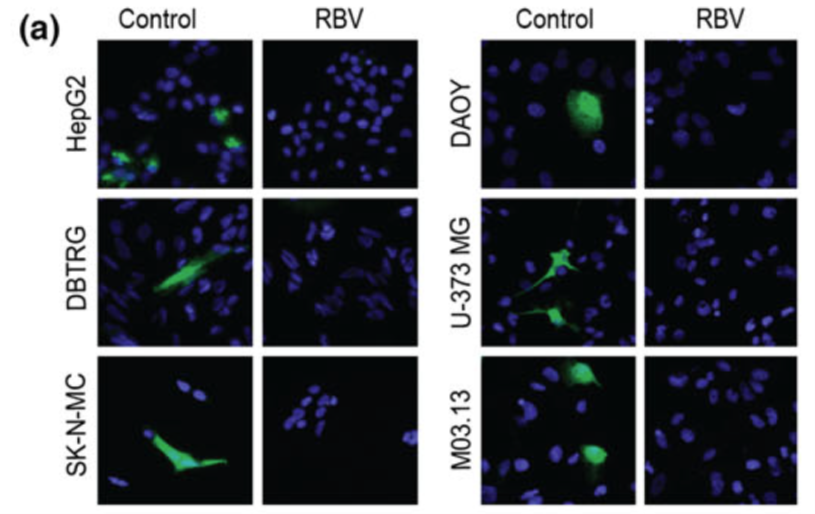Lectures and internships for physicians
WS 2022/2023 – Details will follow soon.
Medical doctoral thesis
Are you studying medicine, are you interested in virology and would you like to do a PhD on relevant and cutting-edge research? Then we are the right place for you!
As part of the training of physicians, we always offer projects for experimental medical doctoral theses.In addition to an exciting and well-planned project, you can expect detailed training in the laboratory, comprehensive supervision, regular meetings as well as a great team and a cheerful, relaxed working atmosphere!
Have we sparked aroused your interest? Then send your detailed application to: virologie@ruhr-uni-bochum.de.
Examples of medical doctoral theses from our department:
Characterization of hepatitis E virus replication and interferon response in human placental cells.
LEONARD KNEGGENDORF – 2020
HEV can cause miscarriages and up to 25% mortality in pregnant women, the reasons for this remain largely unknown. In his doctoral work, Leonard showed that HEV can replicate in placental cell lines and that viral production in these cells is comparable to that in hepatoma cells. Furthermore, he demonstrated a tissue-specific immune response to different HEV genotypes. Leonard’s work contributes to the understanding of extrahepatic HEV infections and enables the identification of new antiviral agents for pregnant women.
Further reading:
Knegendorf, L. et al. Hepatitis E virus replication and interferon responses in human placental cells. Hepatol. Commun. 2, 173–187 (2018).
Characterization of hepatitis E virus entry and RNA replication in neuronal cells.
Further reading:
Drave, S. A. et al. Extra-hepatic replication and infection of hepatitis E virus in neuronal-derived cells. J. Viral Hepat. 23, 512–521 (2016).


